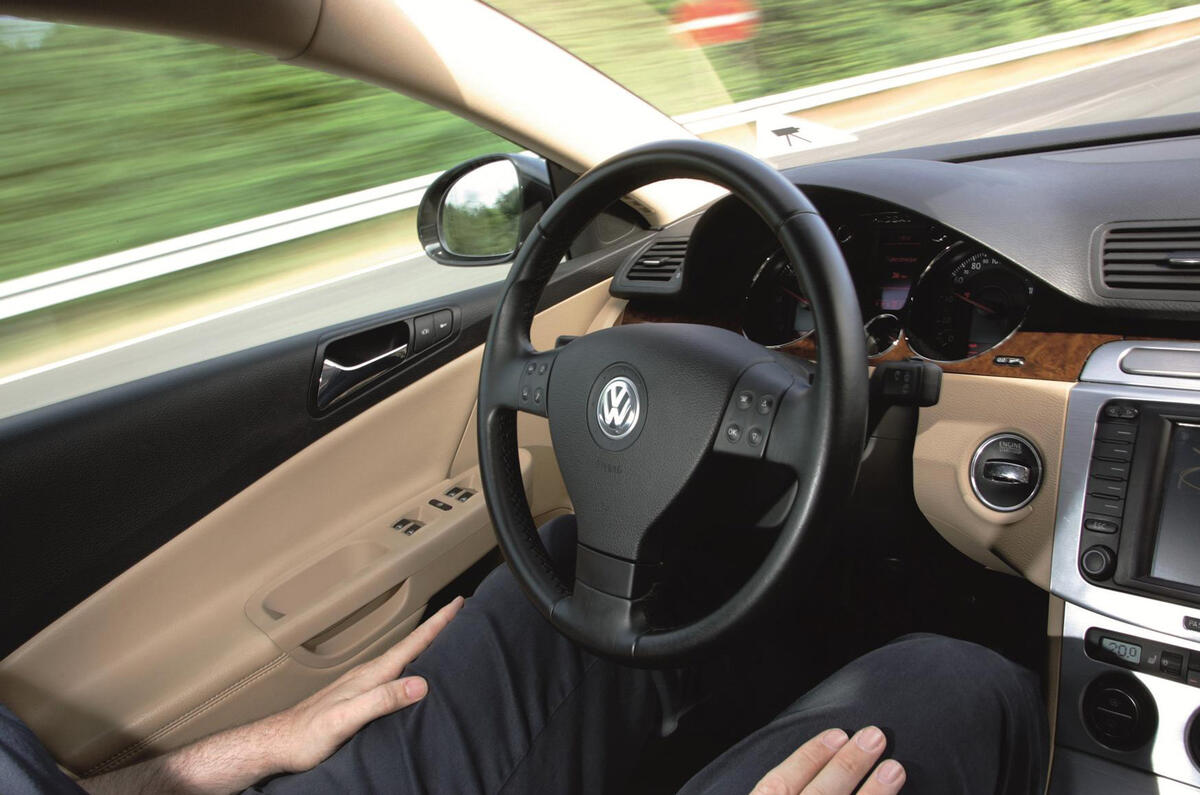A significant majority of British motorists don’t want to share the road with self-driving cars because they don't feel they can trust interaction with a robotised vehicle.
Of the motorists researched by the London School of Economics (LSE), 55% said they would be uncomfortable driving alongside an autonomous car, compared with 28% who said they would be comfortable and 14% of people who were ‘neither comfortable nor uncomfortable’.
Read more: what is a truly autonomous car?
Chris Tennant, a behavioural scientist at the LSE, said: "People are very reluctant about autonomous car technology, and the trust partly comes down to the lack of social interaction possible with a self-driven car."
Three main areas of distrust emerged in the research: technical malfunction, that a human should always be in control of the car and that machines don’t have the common sense required to interact with human drivers.
Read more: who should autonomous cars save in a crash?
In fact, 68% believed that humans should be in control of their car at all times.
"Drivers have a strong feeling that there will be no social connection to the other car and that brings mistrust," said Tennant.
People were also asked to look at to a traffic situation where an autonomous car needed to pull out from behind a truck, and they thought the flow of cars would be difficult for the car to judge.
A driverless pod trial has taken place in the UK, read more on public trust here
"People can understand a car much more easily if it has a driver," one respondent told LSE researchers.
The Europe-wide survey was commissioned by tyre manufacturer Goodyear. It contacted 12,000 respondents in 11 European countries, plus 48 participants in six focus groups. British drivers made up 1450 of the survey numbers.




Join the debate
Add your comment
Trust
Autonomous cars are coming eventually and they will be safer than people, that time might not be yet though.
Proverbial